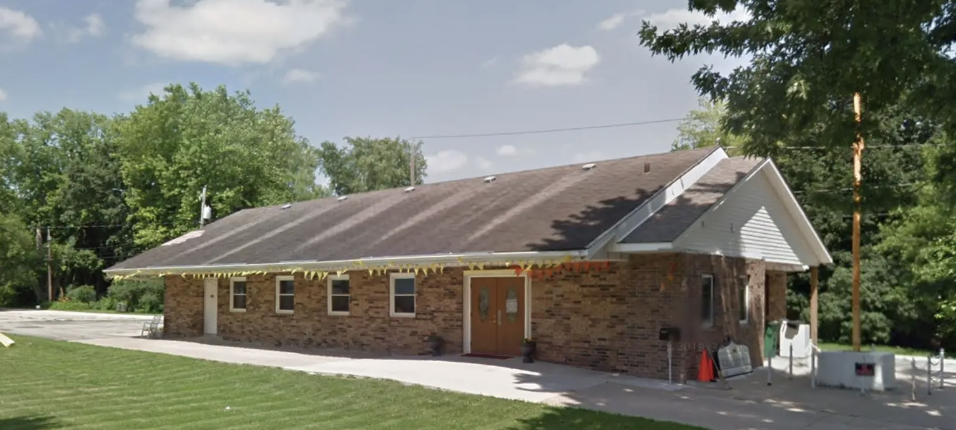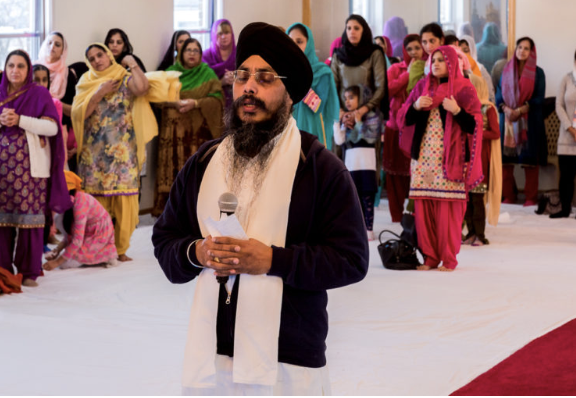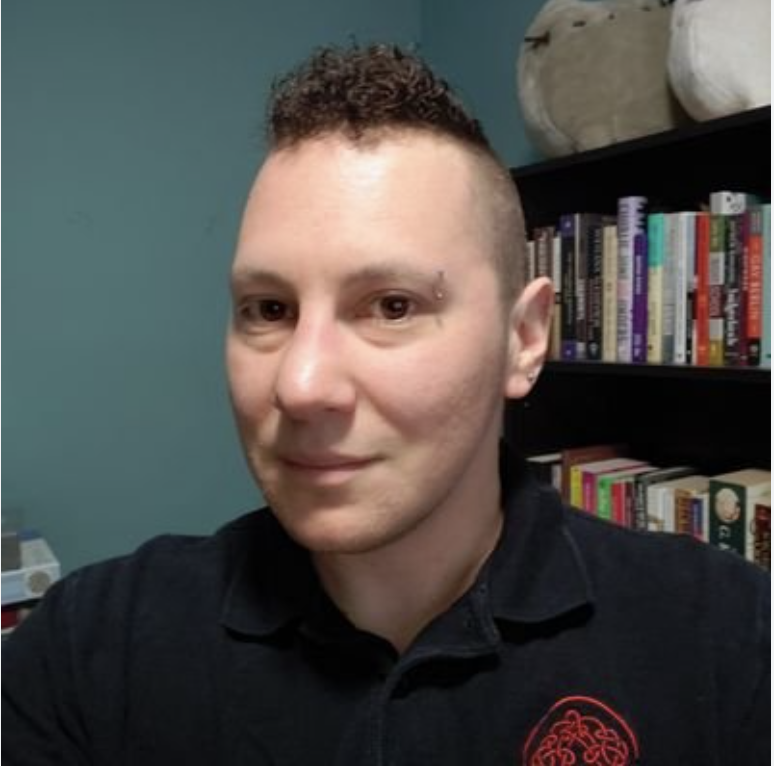Due to unforeseen circumstances, this event is now being held on Zoom from 2:00-3:30pm. To register for the event, go here: https://drake-edu.zoom.us/meeting/register/r2IkhO0vRnGanQ_YgnCwhw.
(Note that you will need to have an active zoom account to register, but that if you don’t, you can sign up for a free zoom account here: zoom.us/signup.)

On Saturday, April 5, from 2:00–3:30 pm, Drake University’s Comparison Project, in conjunction with the Abdelkader Education Project, will host “Islam in Iowa: A Celebration of Historical Roots and Contemporary Realities” online (zoom). The event, which is free and open to the public, features interactive sessions about Islam in Iowa, presentation of the 2025 Abdelkader Education Project contest awards, and a keynote by Dr. William Lawrence, Director of the Middle East and North Africa Area Studies at the National Council on US-Arab Relations, Washington, DC.
Local and regional Islamic experts will lead two blocks of concurrent sessions about topics including Islam in Iowa, Women in Islam, and Mystical Islam. Special attention will be given to the nineteenth-century Algerian leader Emir Abdelkader, after whom the town of Elkader was named in 1846, as well as the “Mother Mosque of America” in Cedar Rapids, the oldest standing purpose-built mosque in the U.S. (1934).
At the conclusion of the sessions, the Abdelkader Education Project will present awards to students, whose entries took inspiration from the ethical leadership of Emir Abdelkader. The event concludes with a brief keynote by Dr. William Lawrence titled, “Globalizing the Emir: Reflections on a recent visit to North Africa and US relations with the Muslim World.”
The event also includes dozens of booths about local Islamic mosques and organizations and intercultural interfaith programs and organizations, cultural performances and delicacies, and a photo and art exhibition.
The Comparison Project engages in the practice of comparative philosophy of religion, fosters understanding of local-lived religion, and cultivates interfaith literacy and leadership. It is supported by Drake’s Center for the Humanities, Drake’s Slay Fund for Social Justice, Interfaith America, and Cultivating Compassion: The Dr. Richard Deming Foundation.
The non-profit Abdelkader Education Project believes in the power of education to build bridges of cultural understanding that inspire, challenge, and connect our global community. It is a global network of individuals and organizations, developing educational resources and opportunities for engagement in the Abdelkader Story based on John W. Kiser’s biography Commander of the Faithful: The Life and Times of Emir Abdelkader.





